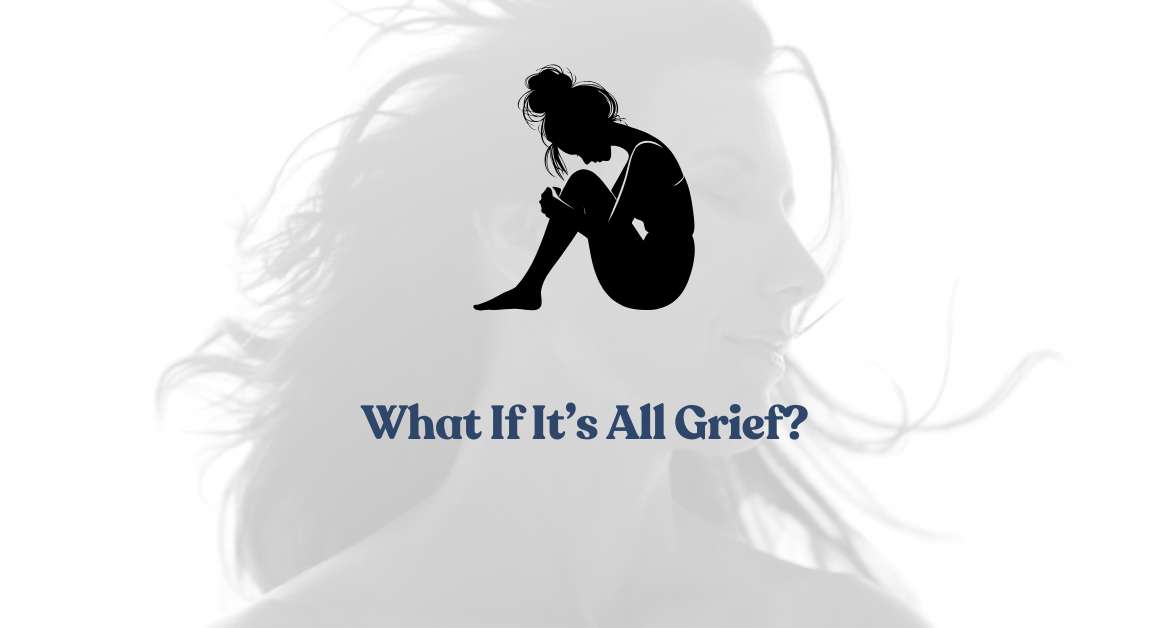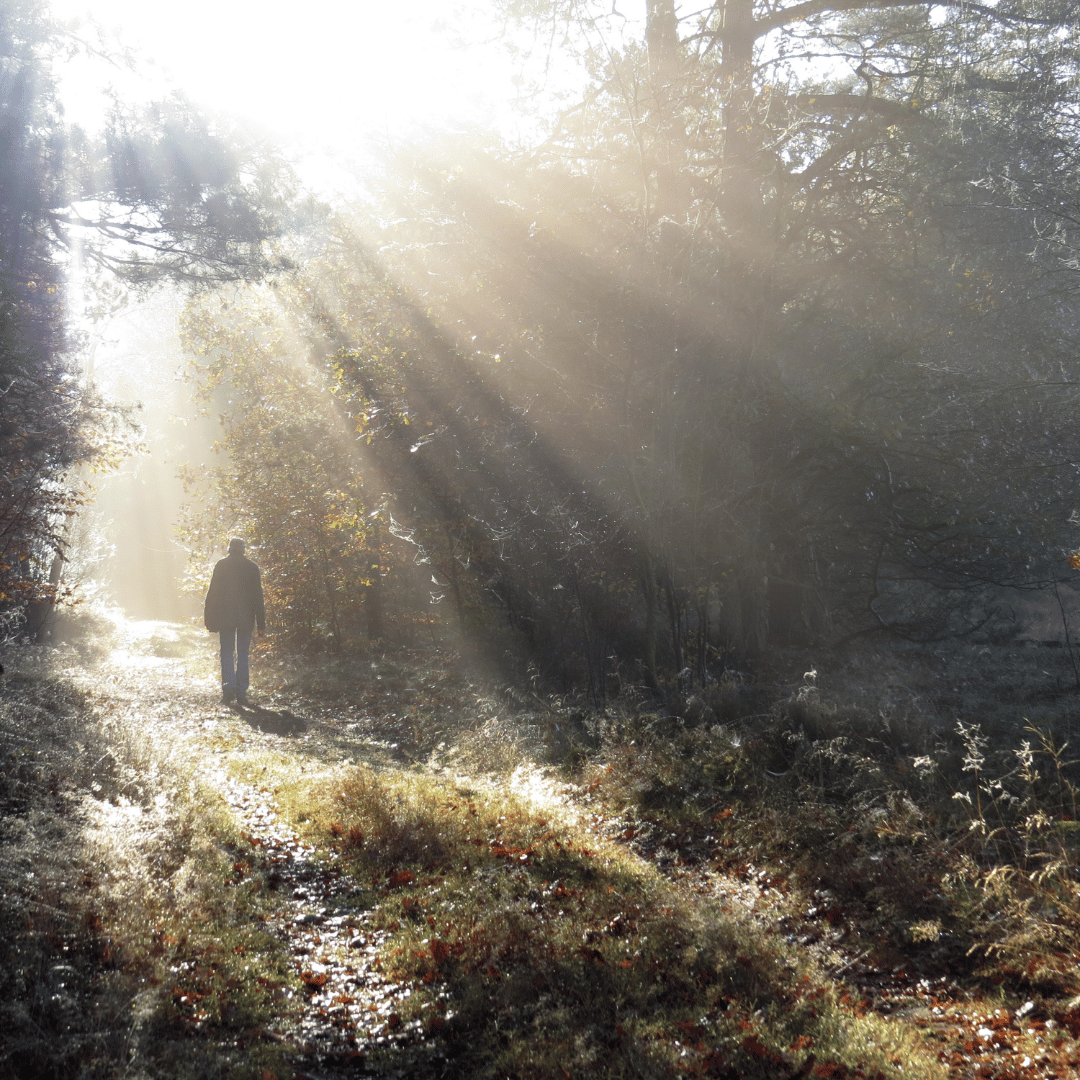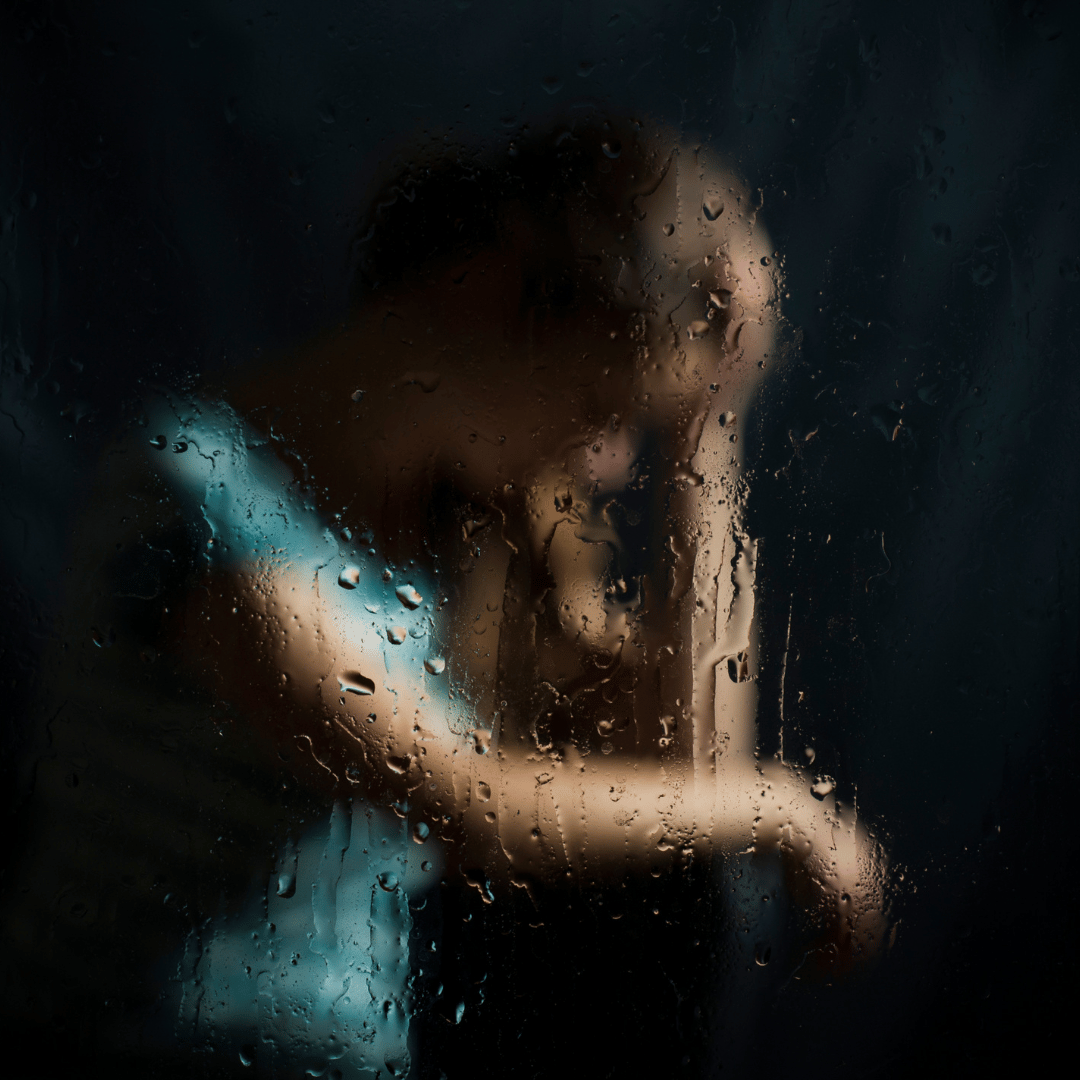

What If It’s All Grief?
We live in testing times. How are you feeling it? Like a weight? A spinning? An ache beneath the noise of the world? For many, this is a “something” that doesn’t quite have a name, but it lives in the body of humanity — a heaviness in the chest, a tightness in the throat. Quiet, but constant.
At first glance, it might look like chaos. Or anger. Or collapse. But lately I’ve been thinking more deeply about what’s going on beneath the surface and I keep returning to this question: What if it’s all grief?
Not just grief for one thing, one person, one event. But a layered, collective grief we haven’t yet found the language for. The grief of watching the world change faster than we can process. The grief of broken systems, unravelled identities, futures we once believed in. The grief of disconnection — from each other, from the earth, from ourselves.
We’re in the middle of something. And when you’re in the middle, you can’t see clearly. You’re absorbing. Reacting. Feeling it all. Trying to make sense of what’s shifting while standing in the centre of the storm. That’s where I think we are now — in a grief process. A global, generational, spiritual grief cycle.
And because many of us don’t know how to grieve — or haven’t even recognised that this is what’s happening — we do what we’ve always been taught to do during moments of uncertainty and unfamiliarity. We fight. We numb. We try to fix it by redirecting our attention. We blame others. We chase power. We hold tightly to control. We cover it in positivity and bypass in the name of hope. We look for someone else to take charge and tell us what to do, to fix it, to set and forget it.
But none of those responses can hold what grief asks of us. Because grief isn’t something to be solved. It’s something to walk through.
I think about the clients I see, the students I teach, and the people I meet — so many are carrying their own version of this grief. And so many are asking the same question: why is nothing working? Why does the journaling, the breathwork, the routines, the rituals, the strategies — why do they suddenly feel flat or ineffective?
The truth is, grief isn’t something you can move through quickly. It’s not something to fix. It can’t be bypassed with a gratitude list or a neat reframe. It asks to be felt and embodied. It asks to be walked. Held. Honoured. And it asks to be seen — not as a one-size-fits-all emotion, but as something uniquely defined by each person carrying it.
Some of us are grieving the loss of who we thought we were. Others are grieving the loss of safety. Some are mourning futures that no longer feel possible, while others are processing the loss of time, identity, community, or the illusion of control. Even the people who seem the loudest — those clinging to power, shouting from stages, trying to dominate or divide — are grieving. They may never name it. But underneath the rage, the control, the disconnection, is sorrow. Is loss. Is longing.
And none of us are immune.
There’s a part of me that imagines an old, grounded presence watching over all of this. Sitting quietly on the edge of the valley, not judging, not fixing, just seeing. She recognises grief when she sees it. She doesn’t rush it. She doesn’t try to empower it away or force a solution. She simply says: Feel this. Be here. Find yourself in this — not the image of you, not the role you perform, but the real you.
So no, I’m not writing this with answers. I’m not offering you a seven-step process or a tool to fix it all. I’m simply inviting you to consider a possibility:
What if it’s all grief?
What if even the rage we see in the world — the grasping for power, the need to control, the attempts to divide, the manipulation of fear and identity — what if all of that is grief in disguise? Unfelt. Unwitnessed. Expressing itself through action because it’s too painful to sit with.
And what if the way forward isn’t about who wins the argument or who looks like they’re coping best — but about who is willing to feel what’s underneath it all?
What if instead of rushing toward answers, we learned to stand in the storm — feet on the earth, breath in our bodies, hearts open enough to hold what’s real?
And so I ask: What grief might be waiting beneath the surface of your own resistance, frustration, or need to keep it all together? And what might happen if, instead of running from it, you gave yourself permission to feel it?


